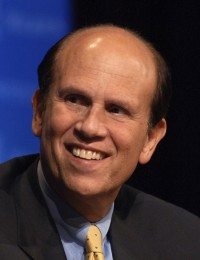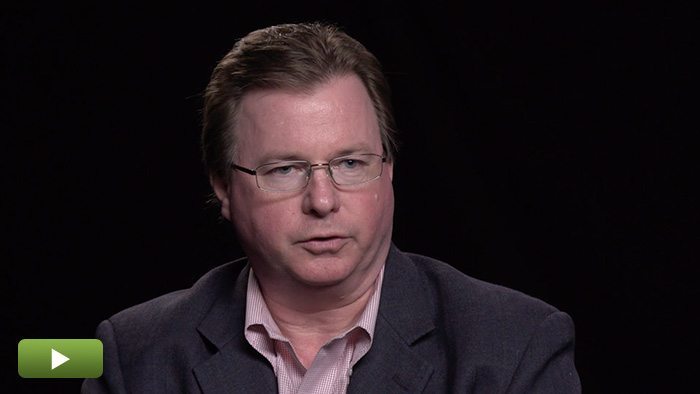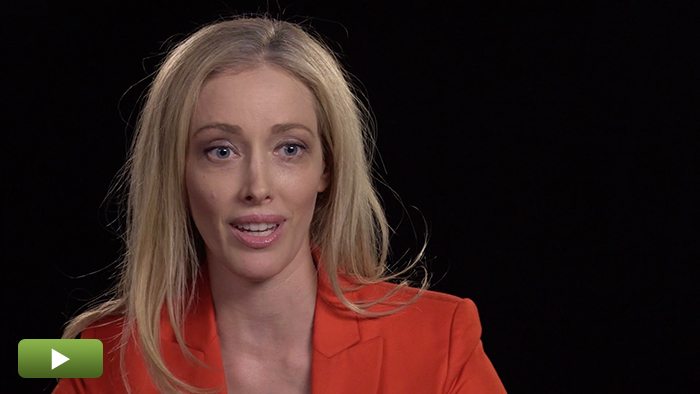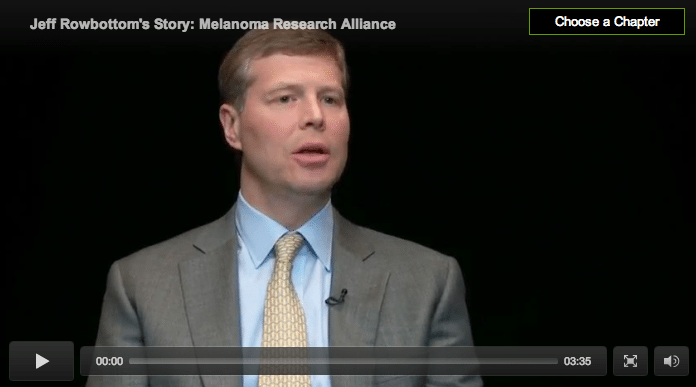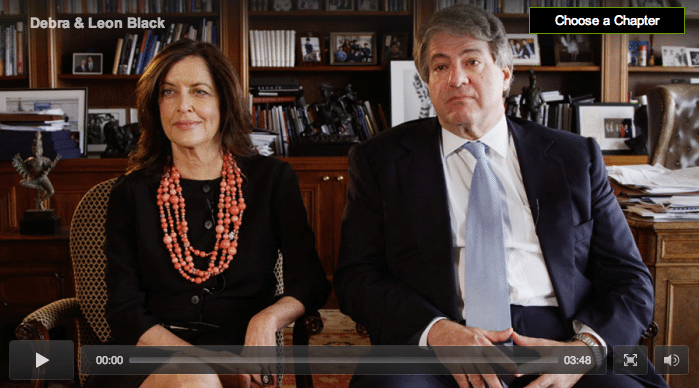Michael Milken vs. Melanoma
May is Melanoma Awareness Month, and veteran financier Michael Milken speaks with Privcap about his personal quest to cure melanoma in partnership with Melanoma Research Alliance.
Transcript Download Transcript
Michael Milken vs. Melanoma
The veteran financier discusses the Melanoma Research Alliance’s battle to cure skin cancer
Michael Milken, Melanoma Research Alliance: One in two men will be diagnosed with cancer, one in three women. So it’s not rare to have a person diagnosed with cancer.
When my father was diagnosed with melanoma in the early ‘70s, it was a period of time when my various financial theories had proved to be correct. And the recovery, particularly in 1975 and ’76, was dramatic and it changed the world of credit and credit investing as we know it. But at the same time, I discovered that I could not save my father’s life, no matter how much analysis that I applied to it. And that you have to have basic science, and invest in the future. And it’s key to invest today so that you know if you ever hear the words that a loved one or a co-worker’s been diagnosed with cancer, that we’ve laid the ground work for a solution in their lifetime. And that is the promise of cancer research today. Whether it’s immunology or precision medicine or stem cells or other new technologies that are being deployed, we have a chance to cure a person in their lifetime. And so I would really stress to everyone, cancer affects every family. And invest as much as you can through foundations such as the Melanoma Research Alliance, which is the most effective, non-profit research organization in the world in the area of melanoma.
More has happened in melanoma in the past few years than the previous three decades. It is today one of the leaders in the area of immunology. Some of the programs that we started 20 years ago in other forms of cancer, proved not to be successful. But they’ve resulted in miraculous results in melanoma. And so today, for a Stage 4 advanced melanoma patient, whose life expectancy based on the past might have been less than one year, there is significant hope that that patient will be in remission years later. And in fact, live out a normal life. So immunology is one of the great promises of the future for all cancers, but it’s a reality now today for Melanoma Research Alliance, and melanoma patients.
Collaboration, requiring researchers that are funded to share their data with other researchers eliminates duplication, speeds development and in this collaboration, you have a much better chance to come up with new ideas in a shorter period of time.
Unfortunately, over the past decade or so, funding for young scientist has decreased substantially. And the average age that a person gets funded by the National Cancer Institute and the National Institutes of Health is into their early to mid-40s. Yet most of the great ideas that have won Nobel prizes occur for people when they come up with these ideas in their 20s and 30s. And so the Melanoma Research Alliance has really focused on creating opportunities for young scientists, recruiting the best and brightest to work in the field of melanoma, by funding them early in their careers, in their early to mid-30s.
When I was a student at the University of California – Berkeley, I had access to things like the Cripps tapes and others that gave me historical data on financial records. I accessed them free as a student. Historical records and medical research have generally not been available. And by creating databanks and using modern technology, you’re allowing young scientists and senior scientists, to access information to make quicker, better results.
